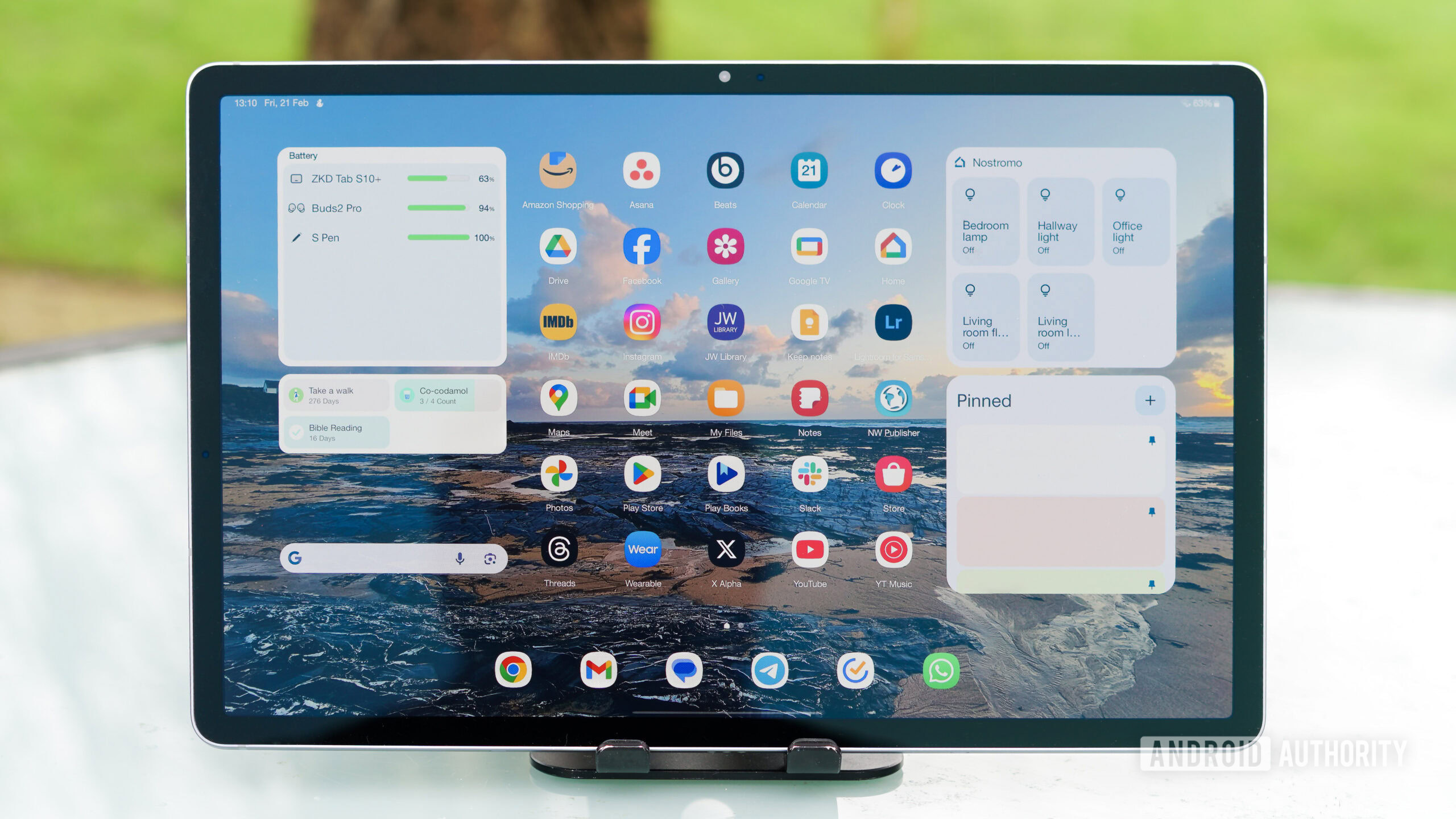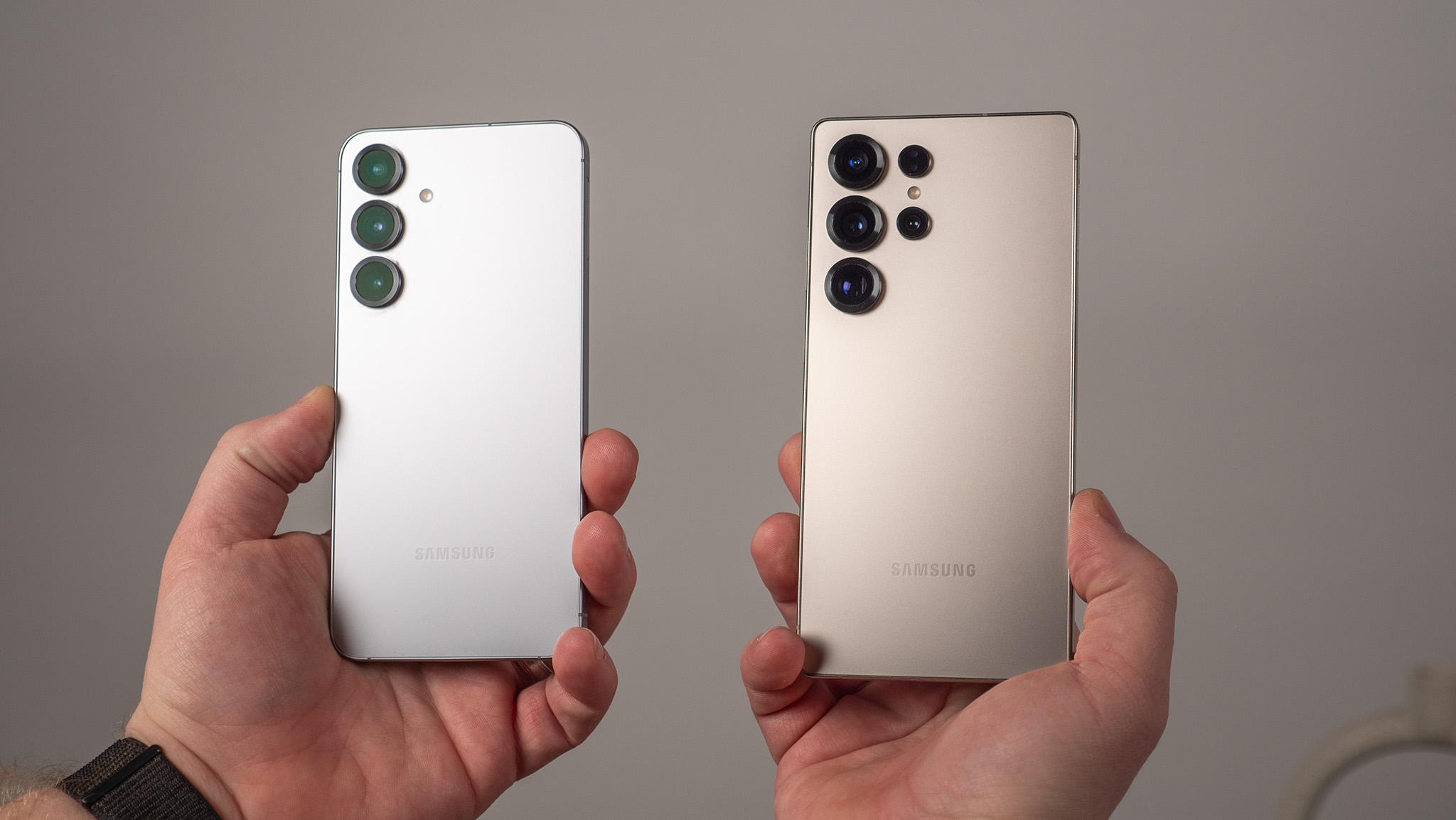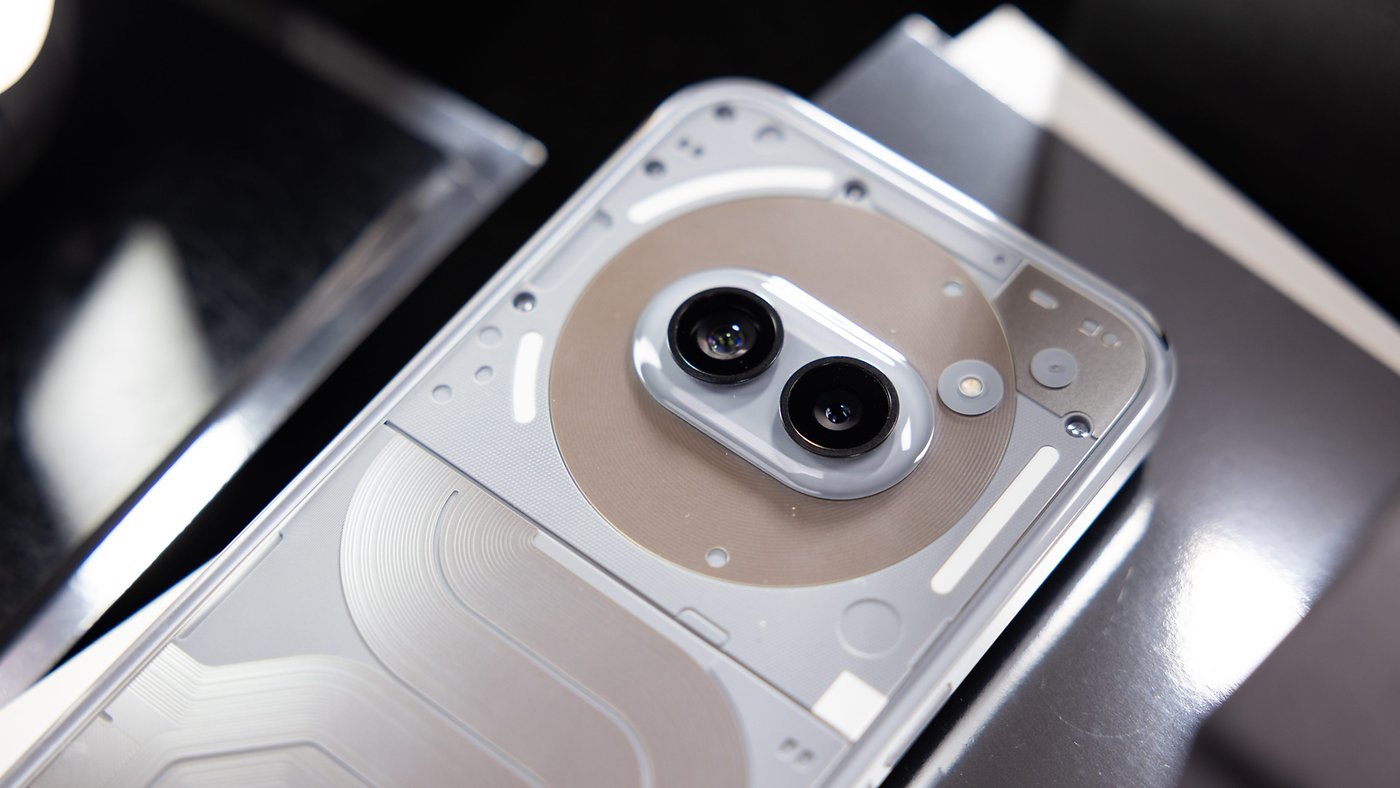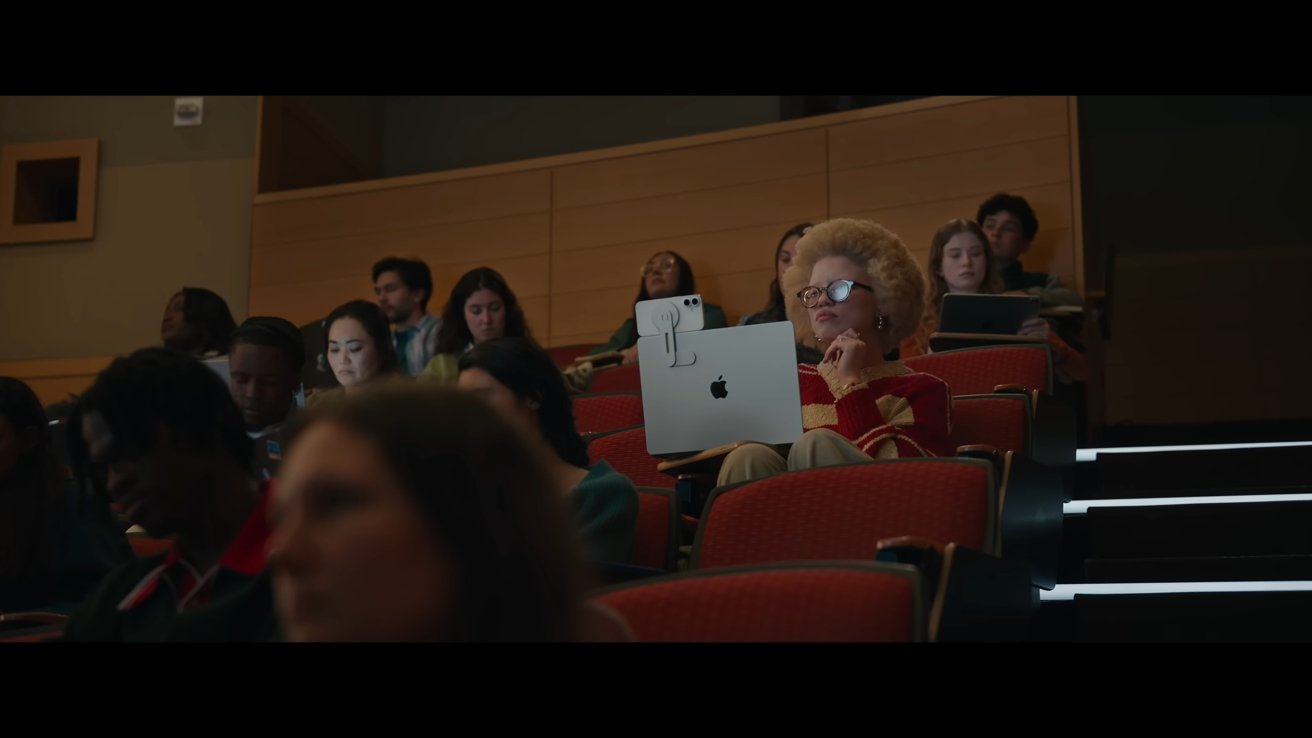Seattle-area company VerAvanti lands $31.5M to develop scopes to prevent strokes, heart attacks
Medical technology company VerAvanti announced $31.5 million in funding to advance its work on ultra-thin imaging scopes that can be used in the prevention of strokes and heart attacks. The Bothell, Wash.-based business also shared that it has signed a lease on a manufacturing facility near its headquarters. The company has raised $40 million, including today’s Series A round, from friends, family and other “high-net worth individuals,” according to a spokesperson. It has not taken any venture capital funding. The investment allows the business “to move from ‘research’ into ‘development and manufacturing’ mode,” said CEO Gerald McMorrow, in statement. The… Read More


Medical technology company VerAvanti announced $31.5 million in funding to advance its work on ultra-thin imaging scopes that can be used in the prevention of strokes and heart attacks.
The Bothell, Wash.-based business also shared that it has signed a lease on a manufacturing facility near its headquarters.
The company has raised $40 million, including today’s Series A round, from friends, family and other “high-net worth individuals,” according to a spokesperson. It has not taken any venture capital funding.
The investment allows the business “to move from ‘research’ into ‘development and manufacturing’ mode,” said CEO Gerald McMorrow, in statement.
The company, he added, is working to comply with feedback from a pre-submission meeting that it held with the U.S. Food and Drug Administration ahead of seeking FDA approval for its device. VerAvanti aims to release a commercial product by the first quarter of next year.
McMorrow and Russell Garrison launched VerAvanti 2013. The pair previously co-founded another medical device company called Verathon, which they sold in 2009 for $300 million. Garrison left VerAvanti in 2018.
VerAvanti was founded on technology licensed from the University of Washington to develop Scanning Fiber Endoscopy (SFE) technology. The devices include sterile, single-use imaging catheters with a 1 millimeter diameter. The laser-scanning scopes give doctors and surgeons a real-time look inside a patient’s intravascular anatomy to better detect the causes of strokes and cardiac events.
The company’s new facility will include construction of a larger “clean room,” allowing it to expand its production
capacity to meet anticipated demand. Its headcount is less than 20 and comprised mostly of engineers.
VerAvanti also announced a letter of intent with Dr. Patrick McVeigh, a vascular surgeon in Toronto, and his team. The partnership includes a collaboration on an “SFE ‘see-through blood’ research project,” the company said, describing the effort as “a breakthrough initiative with the potential to dramatically advance diagnostic capabilities and improve outcomes across multiple therapeutic areas.”




























































![SoundCloud latest company to hit trouble with AI clause in T&Cs [U]](https://i0.wp.com/9to5mac.com/wp-content/uploads/sites/6/2025/05/SoundCloud-latest-company-to-hit-trouble-with-AI-clause-in-TCs.jpg?resize=1200%2C628&quality=82&strip=all&ssl=1)




































































